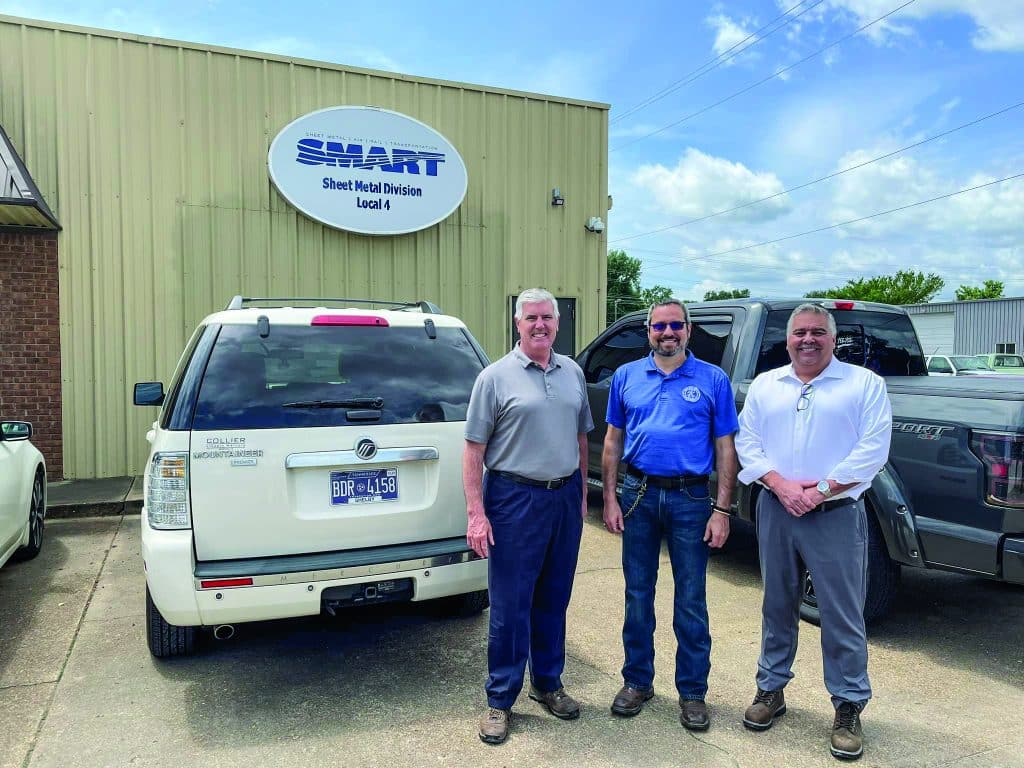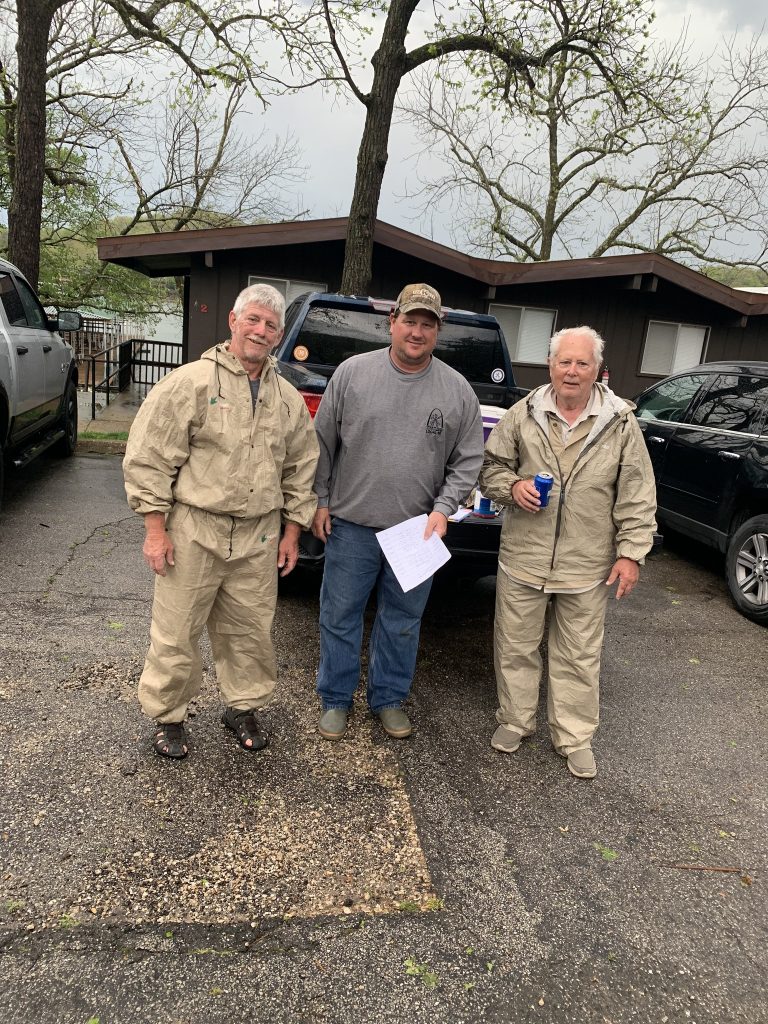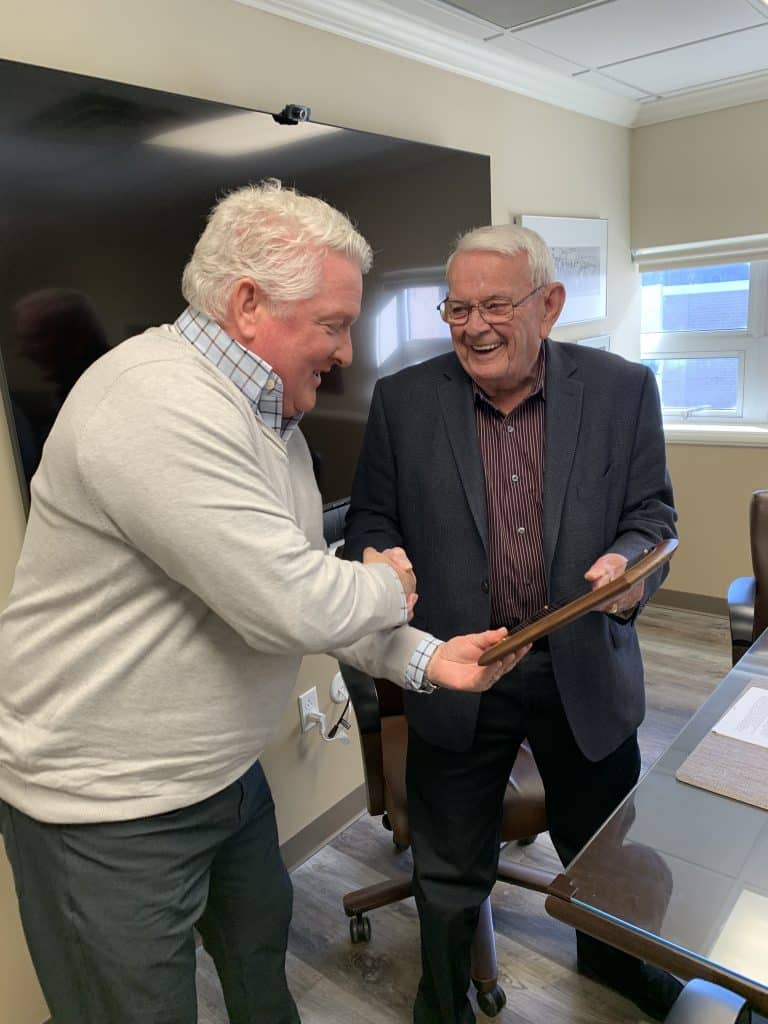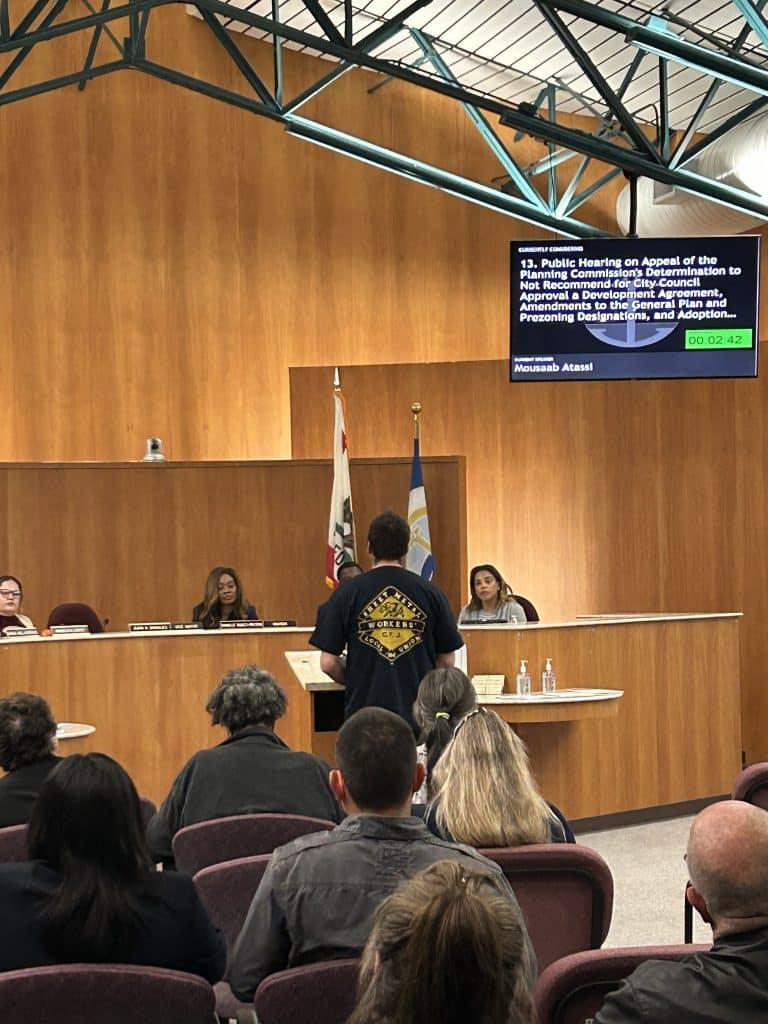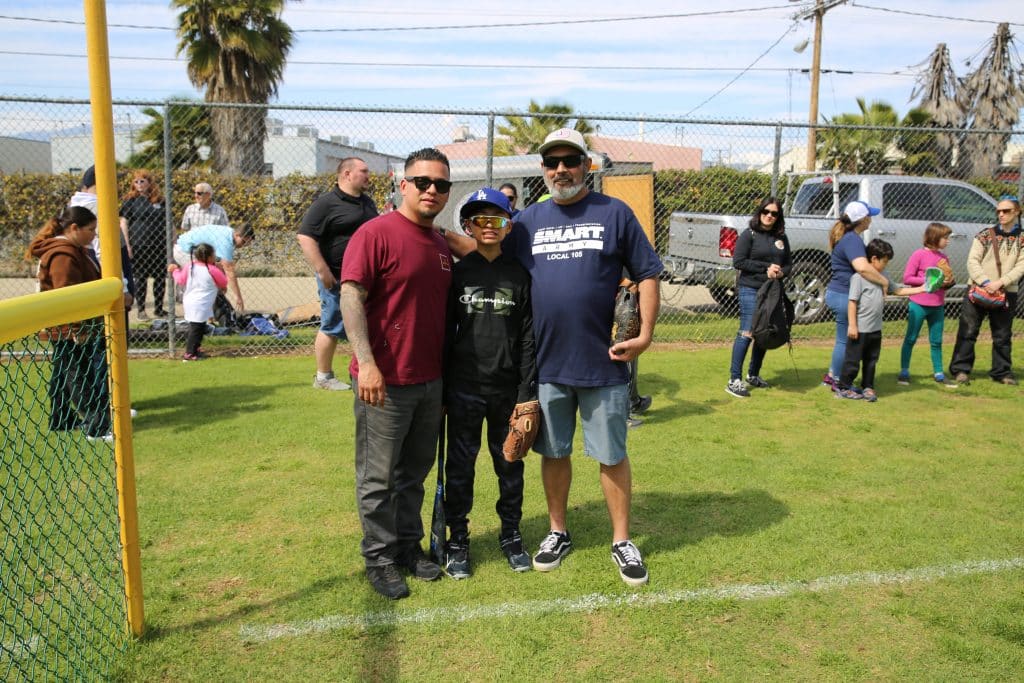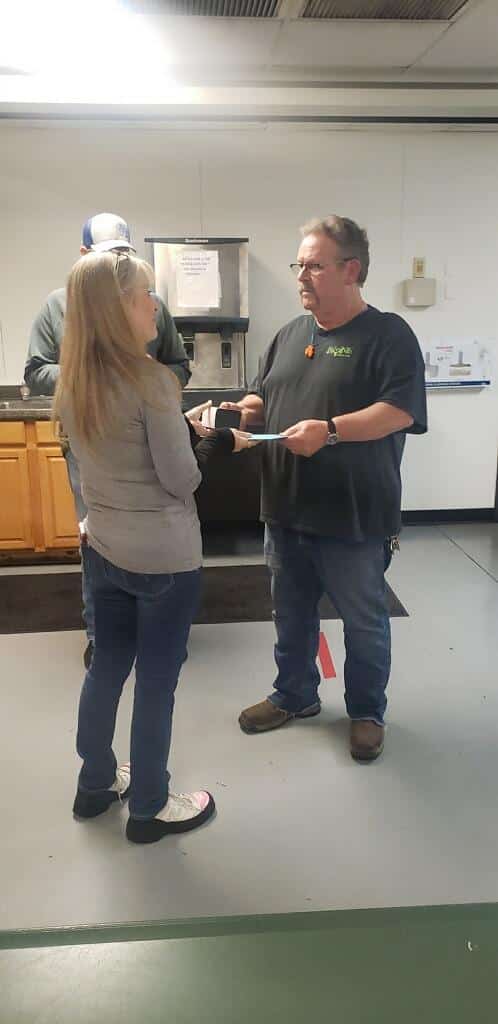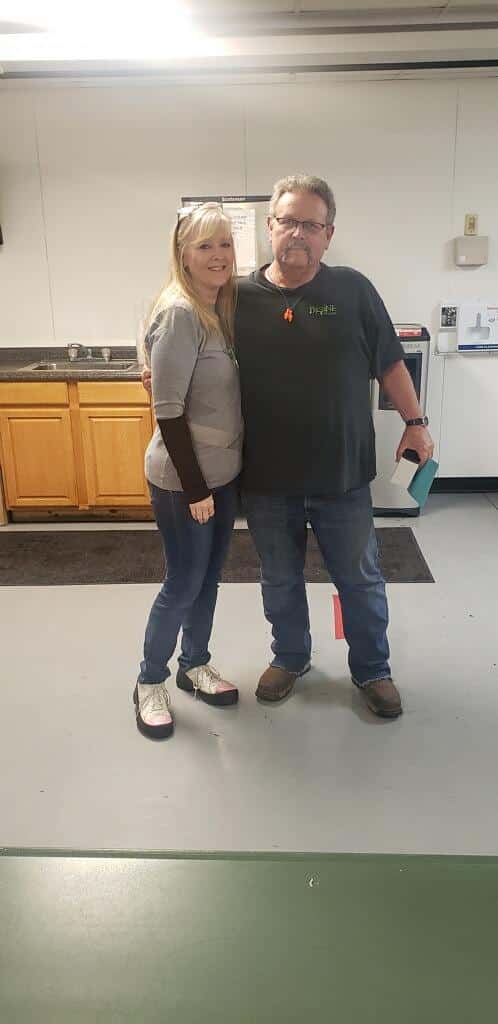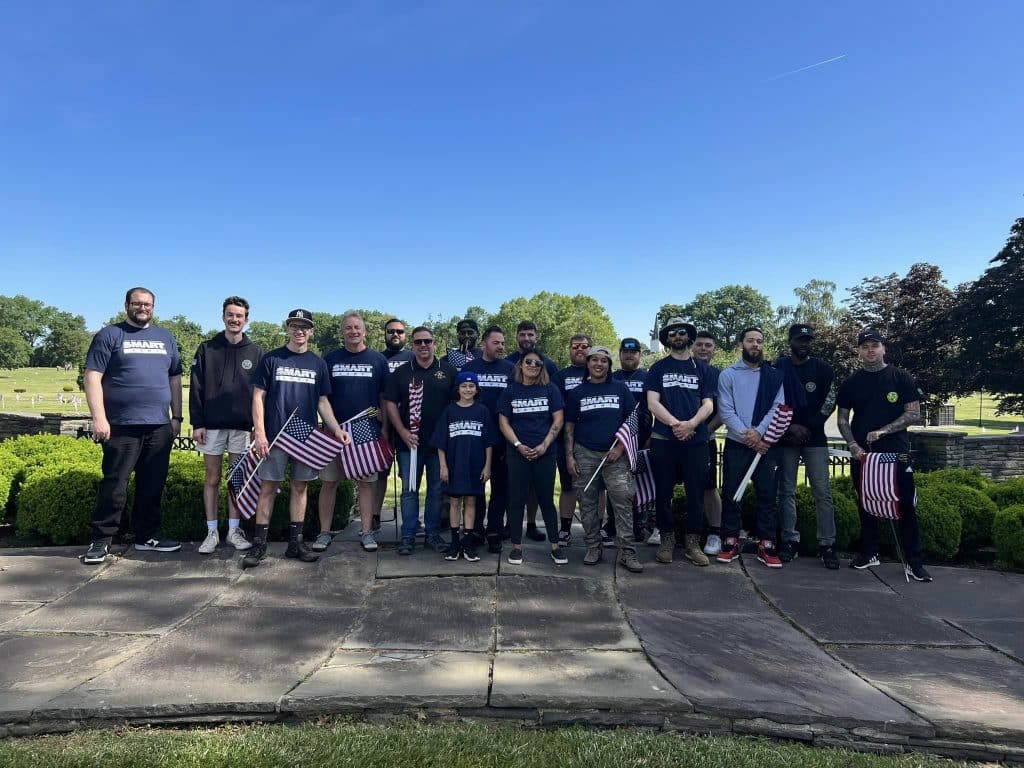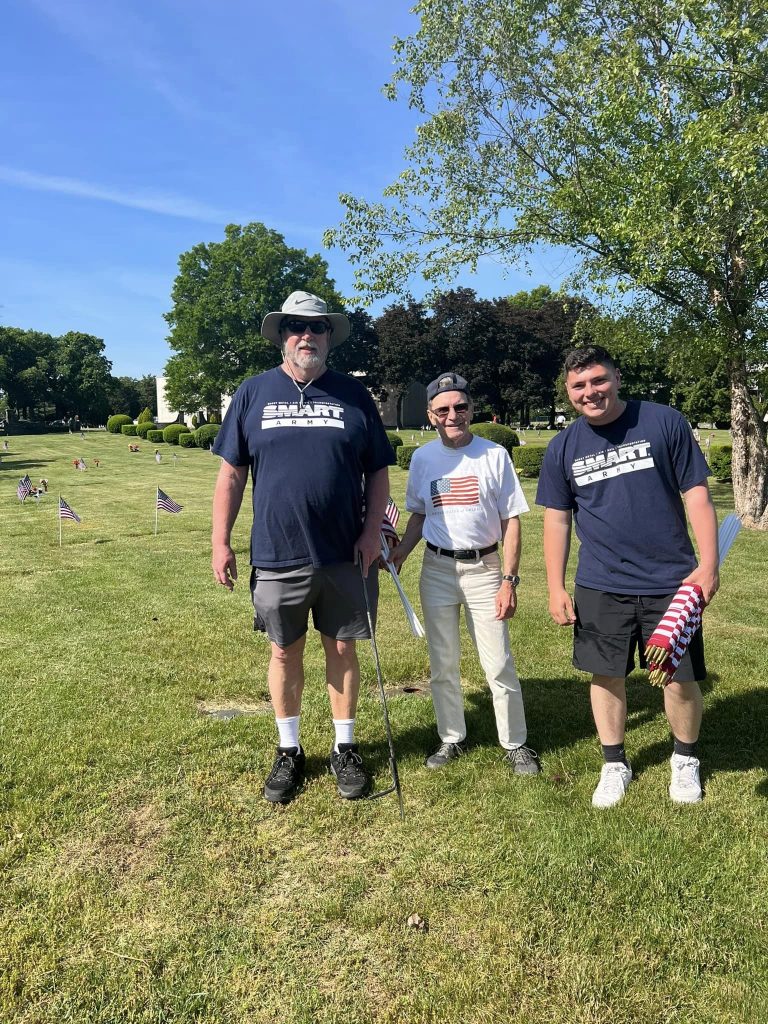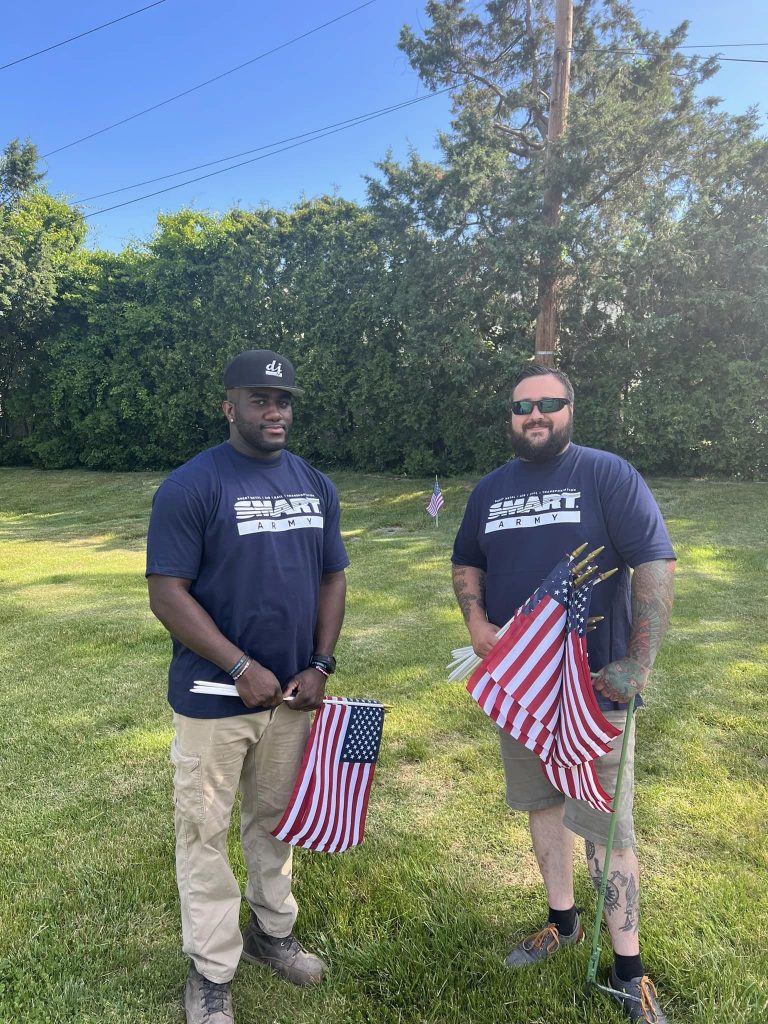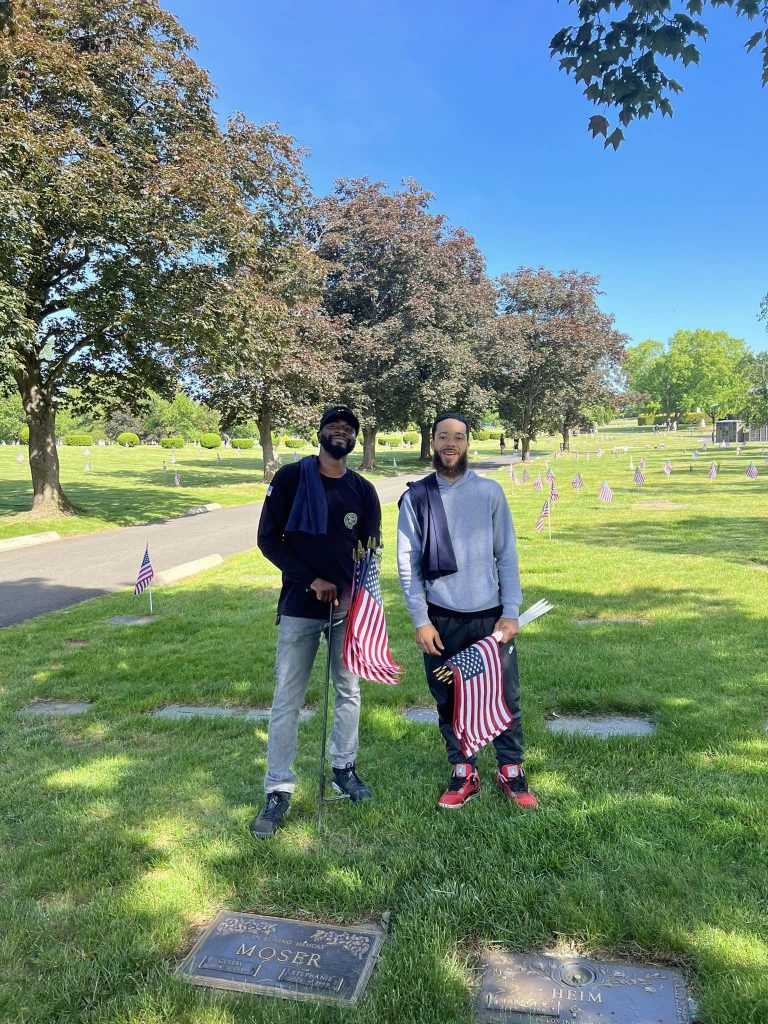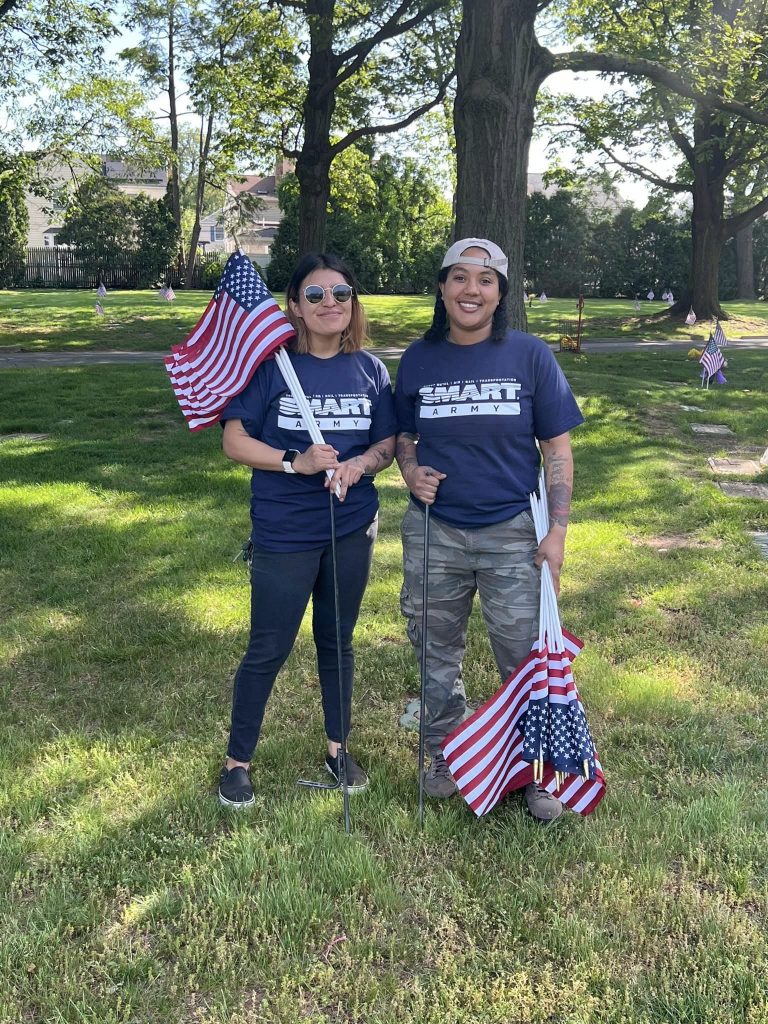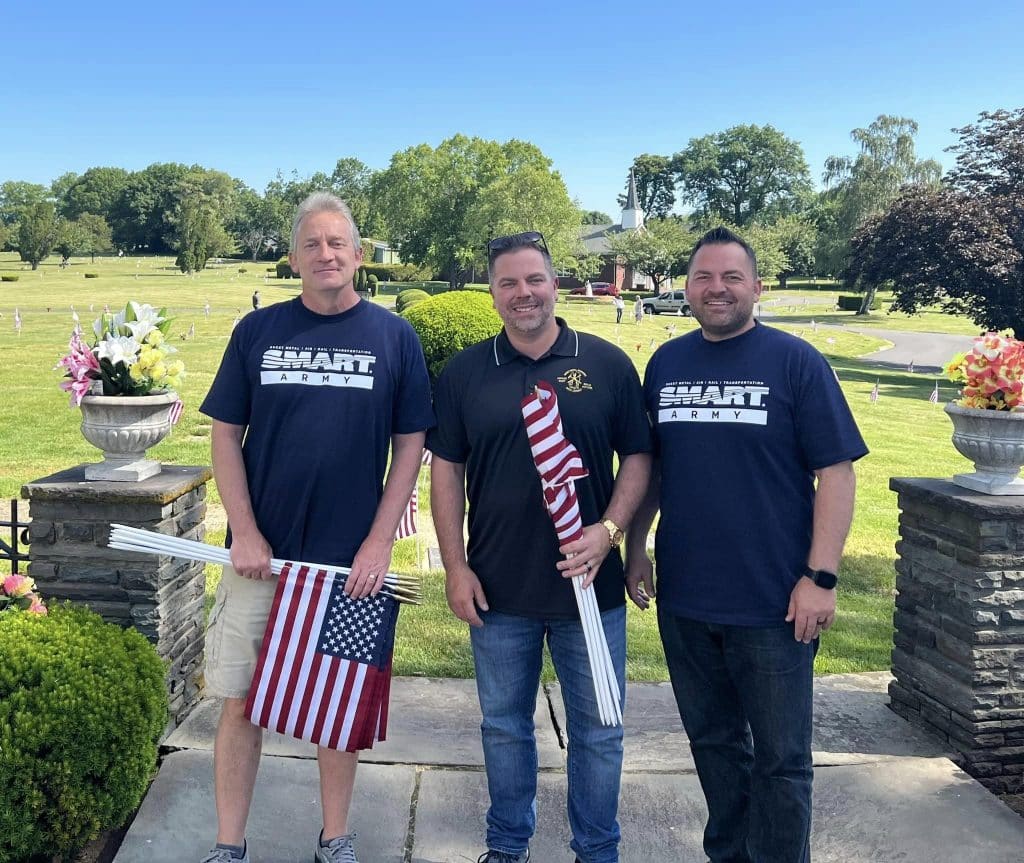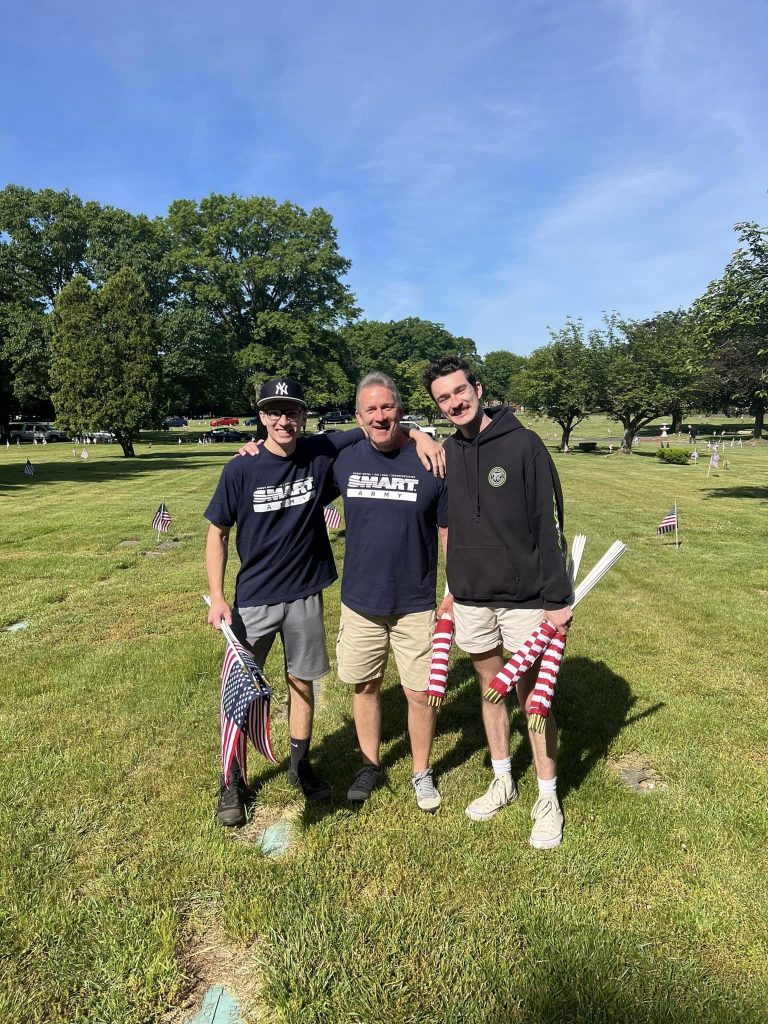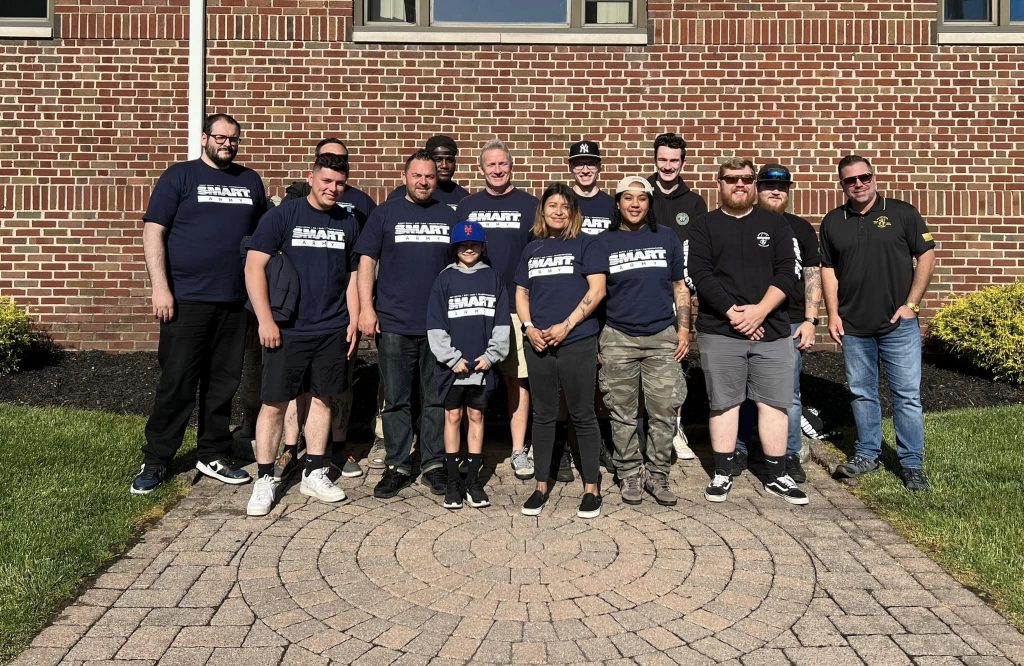SMART sheet metal and Transportation Division members mobilized throughout the 2023 legislative session in Minnesota, emerging with massive victories that will provide work opportunities and increased on-the-job safety for years to come.
On May 24, Minn. Governor Tim Walz signed HF 2887, making two-person crews on freight trains the law of the land in the state. The massive transportation omnibus bill was passed by the state legislature on May 21 and, along with the minimum crew size provision, includes infrastructure dollars to bring passenger rail jobs to Minnesota.
“The Minnesota Legislative Board began working on minimum crew size in 2015,” said SMART-TD Minnesota State Legislative Director (SLD) Nick Katich. “At that time, Phil Qualy was director, and I was his assistant. We passed it in the house once and the senate once, but never together.”
Minimum crew size began as its own bill in the state senate, with a companion bill in the house. (The legislation was later moved into the omnibus bill due to time constraints.) The bill passed through all committees despite the railroads actively opposing it.
“It was difficult when the railroads were testifying to keep a straight face,” commented Katich. “Some of their claims were so false or misleading it would make you sick. Our job was to help the lawmakers see through the smokescreen, and we did just that.”
In addition to minimum crew size, the omnibus bill fully funded the Northern Lights Express, Amtrak’s passenger service between Duluth and Minneapolis, at $194.7 million. This allows access to matching funds from the Bipartisan Infrastructure Law and means more work opportunities for our members. The legislation also included two more state rail safety inspectors, additional funding for passenger rail corridor studies and railroad-provided first responder training.
“I would like to personally thank the SMART-TD Minnesota Legislative Board for their unwavering support and confidence, the local officers who volunteered to pitch in and the members and retirees for keeping track and sending encouragement,” Katich added. “I would also add that I would like to thank our friends in the Minnesota AFL-CIO. They had our backs and watched for the railroad lobbyists lurking around where they shouldn’t be.”
Minnesota sheet metal workers notched a job-creating victory the same day, when Walz signed into law the energy, environmental and natural resources omnibus bill passed by the house and senate. As part of the sprawling legislation, which also includes rebate programs for heat pumps, the law stipulates that the Minnesota Department of Commerce must establish and administer an air ventilation program to award grants to public school boards in Minnesota, with the grants covering work such as testing and balancing, HVAC and energy efficiency upgrades and much more. Importantly for SMART members, the bill specifically includes strong prevailing wage language that requires work covered by grants to “be performed by a skilled and trained workforce that is paid the prevailing wage rate … and of which at least 80 percent of the construction workers are either registered in or graduates of a registered apprenticeship program for the applicable occupation.”
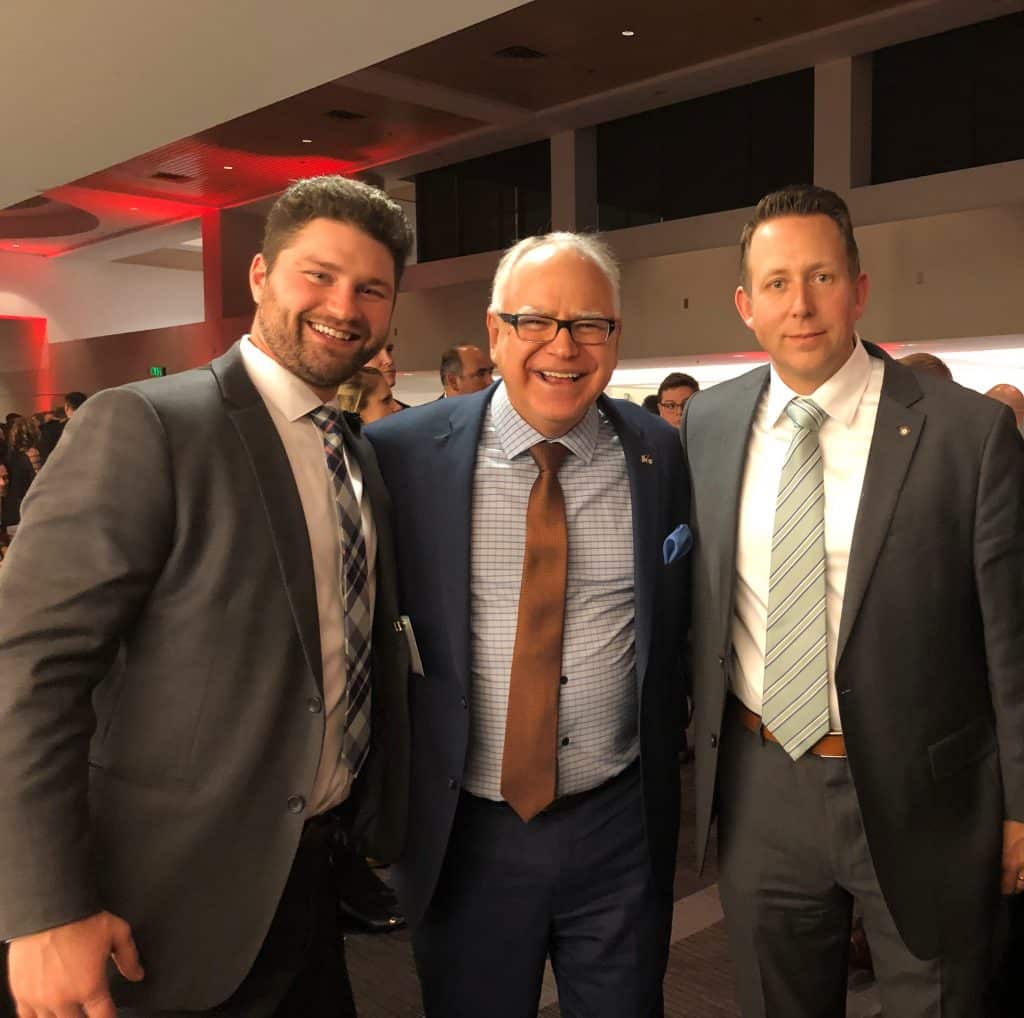
“We see this program as a win, win, win,” said Local 10 (Minnesota) Business Manager Matt Fairbanks. “Jobs, clean energy, cost savings and human health. This program is dedicated to the work our members do day in and day out, starting with the front-end assessment that will identify deficiencies and flow into future system upgrades.”
“Not only will this provide our members with future hours and food on their plates, but it will also shine a light on our members’ stewardship to the community,” he added. “I think providing healthy air to children, cost savings for adults and clean energy for the environment is a pretty big deal!”
Such legislative wins would never have been possible without the votes and advocacy of members across the state. In the 2022 midterm elections, pro-worker candidates took control — albeit with a slim majority — of the Minnesota House and Senate, with Walz winning reelection, and immediately passed a slew of laws that will benefit SMART members. That includes what most in the Minnesota building trades consider the most expansive prevailing wage enhancements in state history: from increased enforcement, to attaching the law to state funds, programs, energy projects and more.
The legislature also passed paid sick leave for all workers; the banning of anti-union captive audience meetings; new protections for meatpackers, construction workers and Amazon employees; a huge expansion of paid family and medical leave; the largest increase in state history to the Minnesota work compensation system’s permanent partial disability fund; a universal free school breakfast and lunch program for the kids of working families; and more.
“Politics is a slow-grinding machine, and we ask our members to participate in all kinds of different ways: from volunteering in phone banks, to door knocks, lit drops, parades and — most importantly — voting,” Fairbanks added. “Because of our members’ trust and dedication, we got to see the tree bear fruit, and that feels great! Not only did our state see a historic session for workers’ rights and investments, we get to witness firsthand that hard work does pay off. Thank you to all the Local 10 members that stood with us and helped get so many things done this year.”

